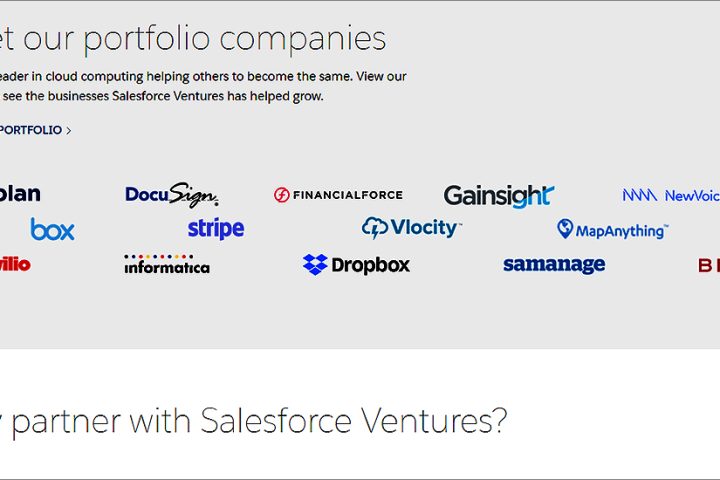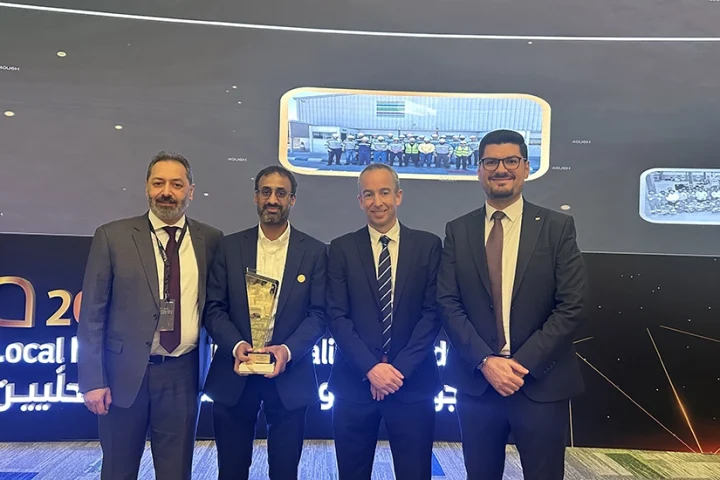Discrete manufacturing and process manufacturing spent more than $333 billion on digital transformation, DX solutions last year, representing nearly 30% of all DX spending worldwide. Clearly, the manufacturing sector has embraced the technology trend.
Today Industry 4.0 is characterised by automation, simulation, Industrial Internet of Things, additive manufacturing, cybersecurity and even augmented reality.
Across the wide spectrum of the industry, manufacturers have been digitising and automating systems and processes and even bringing legacy systems onto their modern IT networks. This has brought about significant enhancements in efficiency and production quality, with simultaneous reductions in operating costs and time-to-market.
However, the sector has placed little emphasis on leveraging digital advancements to enhance customer experiences, CX.
CX in manufacturing
Having grown accustomed to smooth and personal purchasing experiences as consumers, B2B buyers now expect the same of their interactions with businesses. Moreover, the efficiencies made possible by digital transformation are levelling the playing field in terms of the quality and pricing that manufactures can offer.
As a result, the priority of these factors will drop, while customer experience will steadily climb in the hierarchy of purchasing criteria.
In fact, according to a large-scale Salesforce study, 80% of B2B buyers expect companies to interact with them in real time, and nearly 2/3 say they would find a new supplier if the company did not make an effort to personalise communications with their business. It is abundantly clear then that manufacturers must adopt a renewed focus on their customers. Luckily, they can achieve this by making the most of their data.
Hidden data
The analyst firm, IDC, has estimated that global data volumes will grow from 33 Zettabytes in 2018 to 175 Zettabytes in 2025. Manufacturers are awash with customer data that is unstructured and dispersed across the company. This is a potential gold mine of sales and marketing information that is not being put to good use building personal profiles of potential customers because it cannot be extracted.
Data siloes across departments, caused by unwieldy IT systems, are one of the biggest obstacles to creating truly customer-focused companies, and are a pit of lost value.
Legacy IT systems lock in data stored offsite and out of mind, and create an obstacle to connecting the front and back end of offices, resulting in siloes. This divergence means disconnected data and slower response times to customers, whether this is with marketing material or a contract.
These data latency issues create friction in the customer journey, which sits at odds with consumer expectations. Constant communication is expected from the sales, service, and sometimes production teams.
Legacy systems
Cumbersome, antiquated IT systems will not help manufacturers adapt to the expectations of customers, which demands agility and the easy flow of data to easily connect with these customers. For example, in the automotive industry, a seamless consumer journey from first contact, to a test drive, to potential customisation and final purchase requires better communication and data sharing between employees, partners, dealerships, and the customers themselves.
By updating to cloud-based IT systems, manufacturers can overcome siloes and be smarter about how they use sales and marketing data, including providing personalised offers and speedy quotes to customers.
A modernised system also aids the creation of a 360-degree profile of customers, which can inform up-selling and cross-selling efforts in a truly personalised way. This is an approach preferred by consumers; the earlier mentioned Salesforce research also found 59% of people say tailored engagement based on past interactions with a business is important to winning them over.
Raising the bar
Customer interactions need to be more informed by data from the outset of a conversation. Manufacturers have begun emulating successful customer-oriented companies in other sectors such as e-commerce to address these expectations.
For example, Hyundai recently implemented a Shopper Assurance programme, which adopts some of the most popular aspects of Amazon’s service. Part of the programme involves Hyundai salespeople bringing cars to the consumers for test drives as well as a returns’ guarantee for customers.
Yet, high quality customer service does not end after a purchase has been made. The information gathered on consumers during the initial purchase journey can be used to personalise updates and create relevant offers. IoT devices enable technical information on a product’s performance to be delivered back to a manufacturer in a constant feedback loop. As a result, engineers can be automatically dispatched to solve problems a customer may not even know about.
In some cases, IoT-enabled devices remove the need for human intervention at all. Take the example of Tesla; most issues and updates are identified and performed while these connected cars are in the customer’s garage. This cuts costs for the manufacturer, which can react to potential issues without involving maintenance staff but, crucially, it means the company can remain in constant communication with its customers.
Digital transformation will change the manufacturing industry regardless of the actions of individual manufacturers, but how they respond to it will define whether they thrive or not. Technological advancements without direction risk doing nothing to enhance a manufacturer’s offering to its customers, but costing a great deal.
To mitigate this risk, and get the most from digital transformation, manufacturers need to keep the customer’s expectations in mind at every stage of the process.

Key takeaways
- 80% of B2B buyers expect companies to interact with them in real time.
- Data siloes are one of the biggest obstacles and are a pit of lost value.
- A modernised system aids the creation of a 360-degree profile.
- IoT-enabled devices remove the need for human intervention at all.
- DX will change the manufacturing industry regardless of the actions of individual manufacturers.
Consumerisation of technology is putting pressure on businesses to reach same standards, yet organisations struggle writes Jake Callaway at 4C.





















